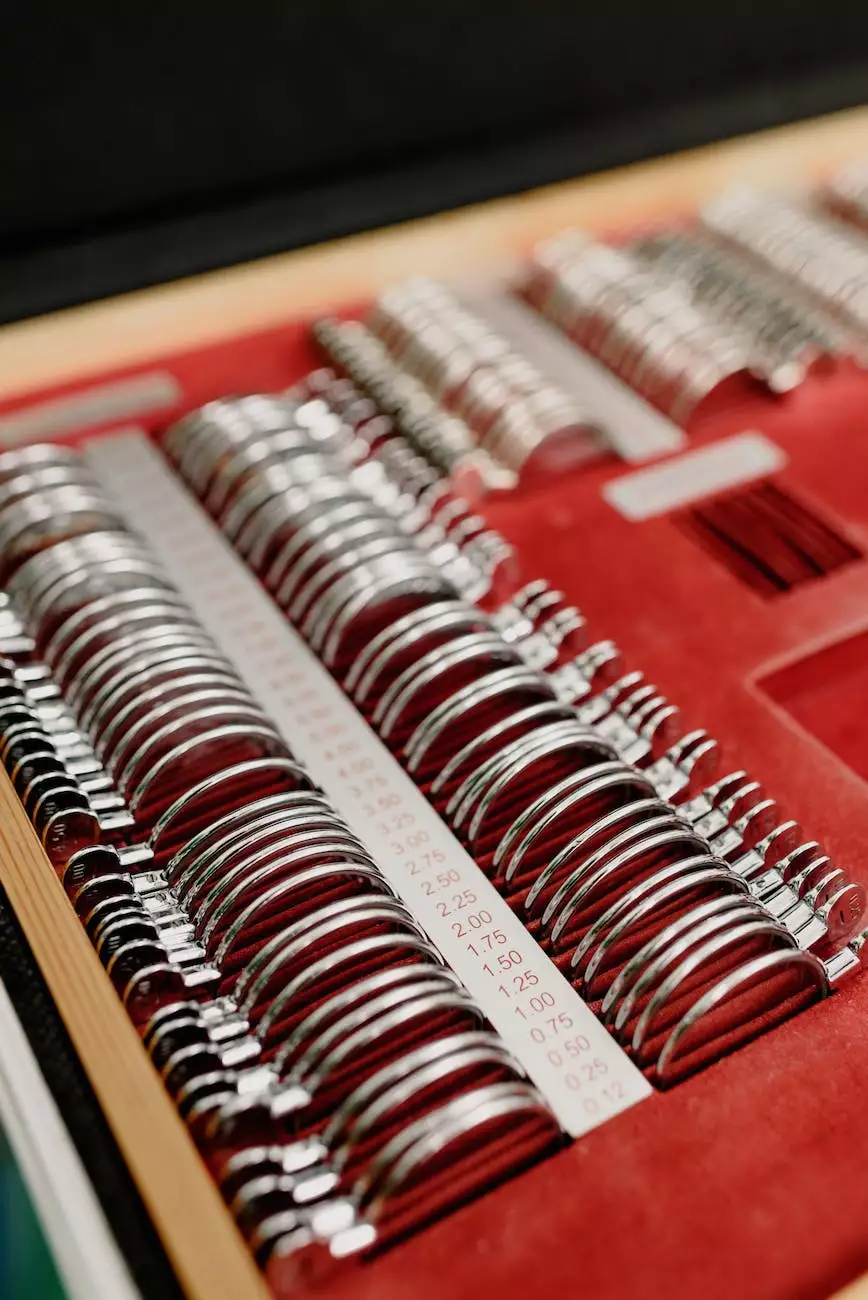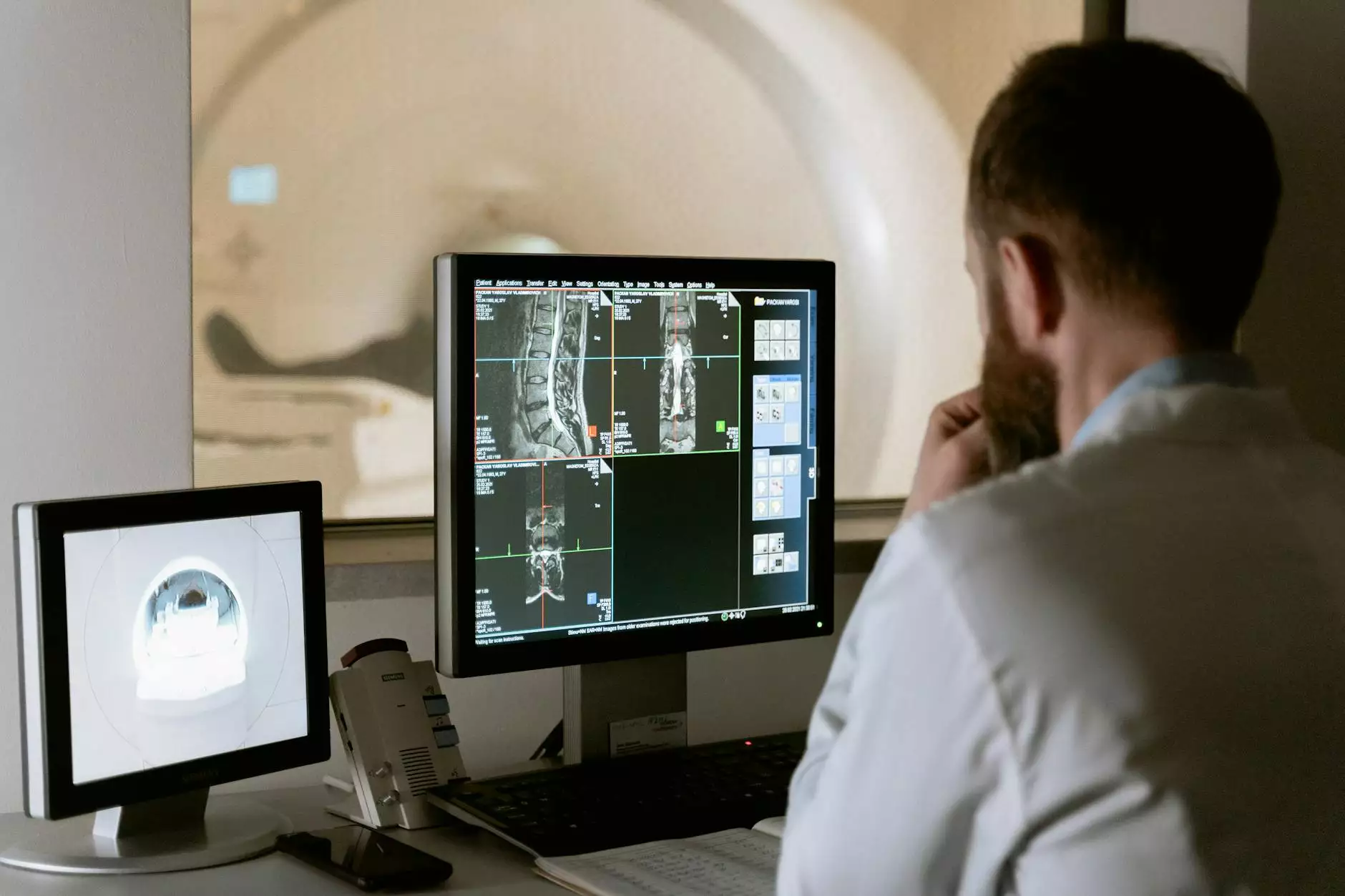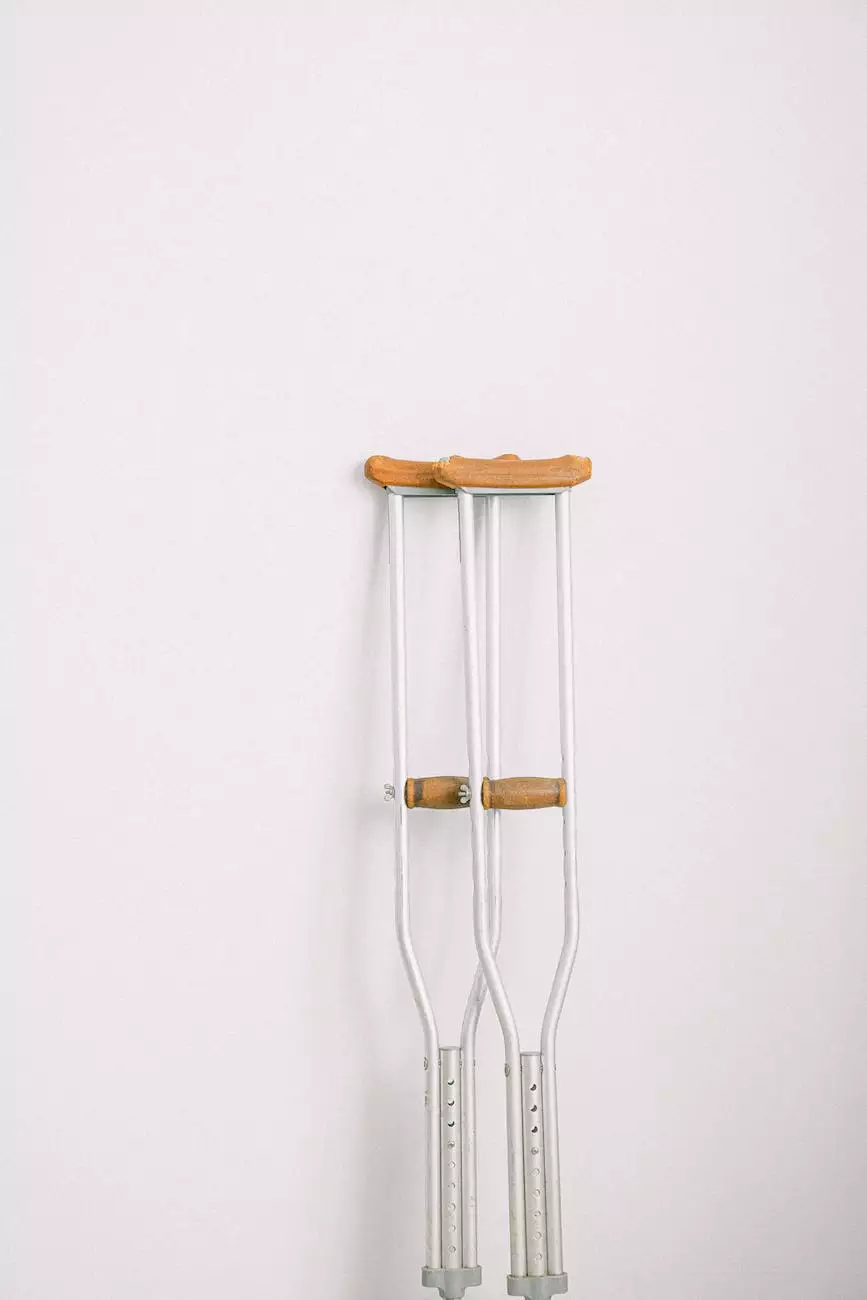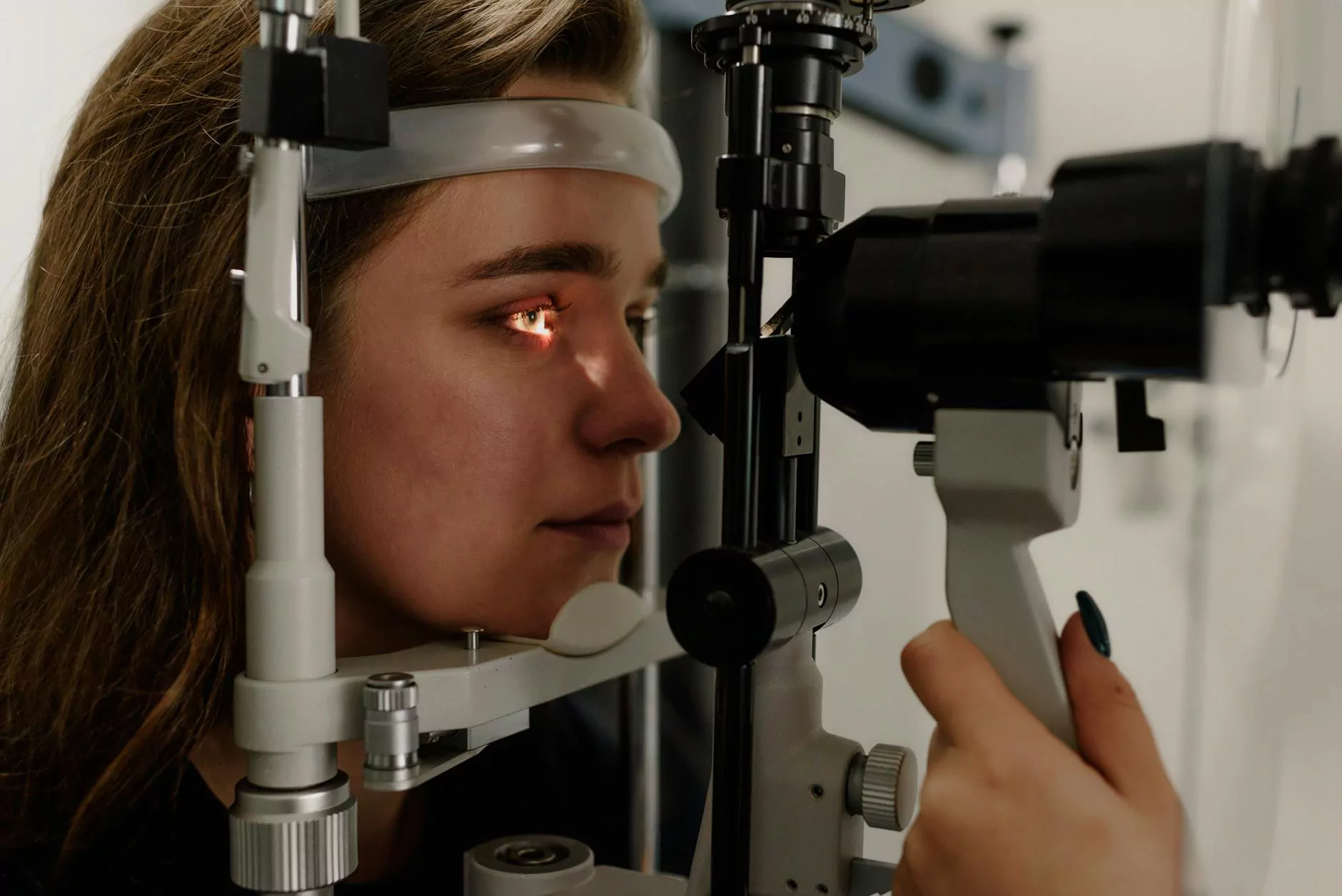The Importance of Metals Recycling in Health & Medical Centers and Diagnostic Services

Introduction
In today's fast-paced world, the health and medical industry plays a critical role in ensuring the well-being of individuals. Medical centers and diagnostic services provide essential care, and behind the scenes, metals recycling is an integral aspect of their operations.
Understanding Metals Recycling
Metals recycling is the process of collecting and reusing various metallic elements found in medical equipment, devices, and machinery. Recycling metals offers numerous environmental and economic benefits, making it a crucial practice for sustainable healthcare systems.
The Significance in Health & Medical Centers
Health and medical centers heavily rely on specialized equipment and instruments to diagnose, treat, and monitor patients. These equipment often contain valuable metals such as aluminum, copper, and steel, which can be efficiently recycled. By implementing comprehensive metals recycling programs, medical centers not only reduce waste but also reduce their reliance on mining raw materials, contributing to a greener future.
1. Reducing Environmental Impact
Metals recycling significantly minimizes the environmental footprint of the health and medical industry. By recovering and reusing metals, the need for new metals extraction is reduced, thereby conserving natural resources and minimizing the ecological disturbance caused by mining activities. Recycling also helps mitigate harmful emissions associated with the mining and production of metals.
2. Cost Efficiency
Effective metals recycling presents a cost-effective solution for health and medical centers. By recycling metals, these facilities can save on purchasing new equipment and devices, which often come with high price tags. Additionally, recycling helps reduce waste disposal costs, as recycled metals can be repurposed rather than being sent to landfills.
3. Supporting Sustainable Practices
Integrating metals recycling into health and medical centers aligns with the industry's focus on sustainable practices. By adopting sustainable approaches, these facilities demonstrate their commitment to reducing their environmental impact and promoting a healthier future for both patients and the planet.
Metals Recycling in Diagnostic Services
Diagnostic services, including laboratory testing and medical imaging, heavily rely on advanced technologies and equipment. Many of these devices contain precious metals, such as gold, platinum, and palladium, making proper recycling crucial.
1. Improved Resource Management
Metals recycling in diagnostic services supports efficient resource management. Through recycling, these centers can recover valuable metals, reducing the need for new mining and extraction operations. This not only conserves natural resources but also helps stabilize the global supply chain of these essential metals.
2. Minimizing Electronic Waste
The rapid advancement of medical devices and technological innovations in diagnostic services leads to increased electronic waste. Recycling metals from outdated or non-functional equipment ensures responsible disposal, preventing hazardous materials from harming the environment. This reduces the strain on landfills and promotes a cleaner ecosystem.
3. Promoting Ethical Practices
Metals extraction often comes with ethical and social concerns, as mining activities can disrupt local communities and harm workers' well-being. By prioritizing metals recycling in diagnostic services, these centers contribute to the pursuit of ethical sourcing and sustainable healthcare, ensuring that patient care is not at the expense of others' welfare.
Incentives for Health & Medical Centers to Prioritize Metals Recycling
Governments, industry organizations, and environmental initiatives recognize the importance of metals recycling in the health and medical sector, offering various incentives for centers to prioritize these practices.
1. Regulatory Compliance
Many governing bodies require health and medical centers to adhere to environmentally responsible practices. Implementing metals recycling programs ensures compliance with regulations, preventing legal repercussions and maintaining a positive reputation within the industry.
2. Certification and Recognition
Health and medical centers that demonstrate a commitment to sustainable operations through metals recycling can earn certifications and recognition from sustainability-focused organizations. These accolades not only boost the centers' reputation but also attract environmentally conscious patients, enhancing their market position.
3. Cost Savings
As previously mentioned, metals recycling offers substantial cost-saving opportunities for health and medical centers. Reusing metals reduces the need for new equipment purchases, positively impacting their budget allocation. The saved resources can then be redirected towards enhancing patient care and investing in innovative medical advancements.
Conclusion
Metals recycling plays a vital role in the sustainable growth of the health and medical industry. Through comprehensive recycling programs, medical centers and diagnostic services can reduce their environmental impact, promote ethical practices, and realize significant cost savings. By prioritizing metals recycling, these facilities contribute to a cleaner planet and ensure the delivery of high-quality healthcare services for generations to come.










